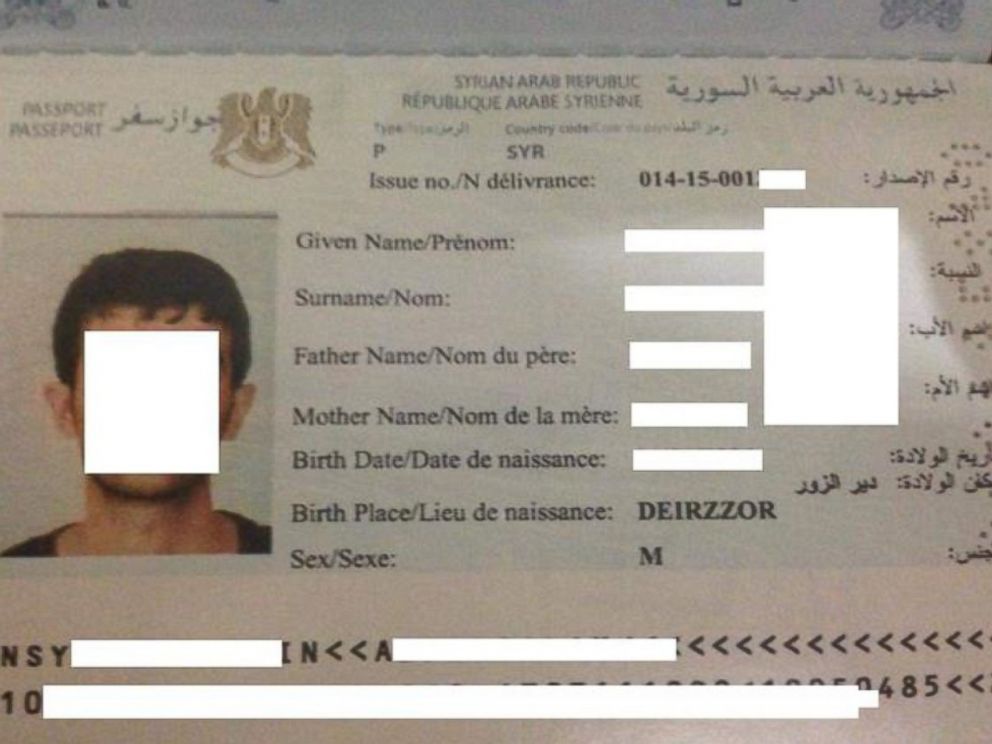Afghan Taliban Claims “Infiltration” of Numerous Fighters into Afghan Military

SITE: The Afghan Taliban detailed numerous attacks via “infiltration” of its fighters into Afghan military ranks, a tactic the group described as “largely expedient.” The English statement was posted to the group’s website on January 26, 2016.
The statement cited two examples of successful attacks within the ranks of the Afghan National Army. One alleged attack by an infiltrated fighter resulted in the killing of a commander and four soldiers in Helmand province. In the second attack described in the message, three fighters purportedly killed nine soldiers, also escaping with weapons and ammunition.
The message, which claimed that many in the Afghan military “are now discerning the prevailing realities and amalgamating with Mujahidin,” concluded:
Infiltrated assaults are highly valued by Mujahidin of the Islamic Emirate in their Jihadi operations and tactics as the enemy can simply be targeted inside their fortified bases and sanctuaries. They become confused and demoralised. And eventually, either they abscond from the battle-field or surrender to Mujahidin of the Islamic Emirate.
*** This is not a new phenomenon as it was noted in 2012:
Military: Taliban infiltration of the Afghan army and police is much worse than the U.S. military and NATO have admitted and was the main factor in the surprise move to limit contacts with Afghan security forces to curb insider attacks, former ranking U.S. officials in Afghanistan said.
“I would put the percentage rather higher” than the 25% figure for enemy infiltrators and sympathizers that U.S. commanders have estimated, said Ryan Crocker, who stepped down as U.S. Ambassador to Afghanistan in July.
Crocker, who said he held secret meetings with the Taliban in fruitless efforts at a peace settlement, described Taliban leaders as “tough, smart and resilient,” and noted that they have embraced infiltration as a main tactic.
“I think we underestimate at our peril” the number of Taliban “sleepers” in the ranks of the Afghan National Security Forces that the allies have been pressing to take the lead security role, Crocker said in remarks Monday to the Carnegie Endowment for International Peace.
A former senior advisor to the U.S. military in Afghanistan lined up with Crocker’s assessment that Taliban insurgents were more widespread in the Afghan military and police than NATO would have it.
NBC: Intelligence analysts say Khorasan refers to battle-hardened al Qaeda fighters who have travelled from Afghanistan, Pakistan and elsewhere to Syria. Beyond that, accounts differ.
U.S. Central Command said the group was using civil war-ravaged Syria as a haven from which to plot attacks, build and test roadside bombs and recruit Westerners to carry out operations.
While Khorasan has been in operating in Syria for over a year, their attention has been focused beyond that country’s borders.
“They’re in Syria but they’re not really fighting in Syria,” said Michael Leiter, the former director of the National Counterterrorism Center and now an NBC News analyst. “They’re using it as a place to find Western recruits.”
The core group is believed to be small – probably no more than 100, according to Leiter. They have one main mission: To attack Western targets.
But isn’t there already an al Qaeda affiliate in Syria?
Al Qaeda’s recognized affiliate in Syria is Jabhat al-Nusra – but that doesn’t mean there’s not room for Khorasan. Khorasan’s motivations are “very much in line” with traditional al Qaeda and it maintains close relations with Nusra, according to Leiter.
Intelligence analysts acknowledge disagreement over how separate or linked Nusra is to Khorasan. Still, the relationship appears to be symbiotic — Nusra focuses on internal operations within Syria, while Khorasan plans for external operations.
Why is the U.S. worried?
Director of National Intelligence James Klapper last week said that Khorasan poses a threat to the U.S. equal to that of ISIS, according to The Associated Press.
“Khorasan is less of a threat to the region and more of a threat to the U.S. homeland than ISIS,” Leiter said. “Unlike ISIS, the Khorasan group’s focus is not on overthrowing the Assad regime. These are core al Qaeda operatives who … are taking advantage of the Syrian conflict to advance attacks against Western interests.”

